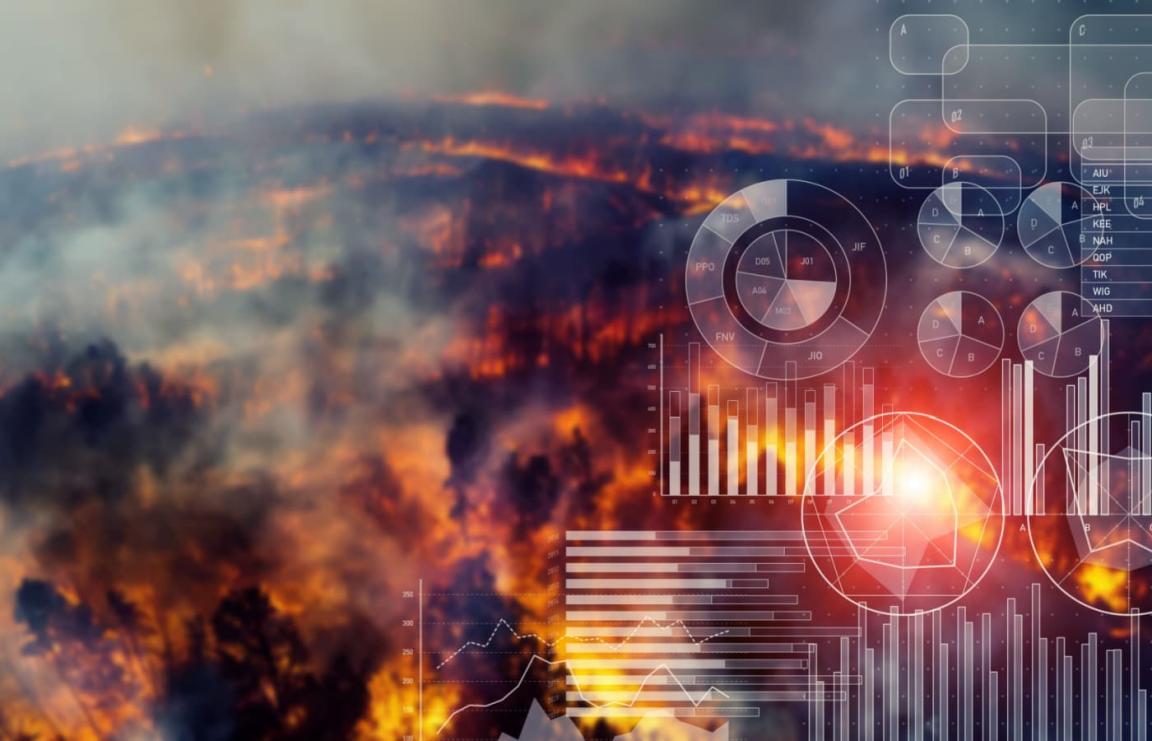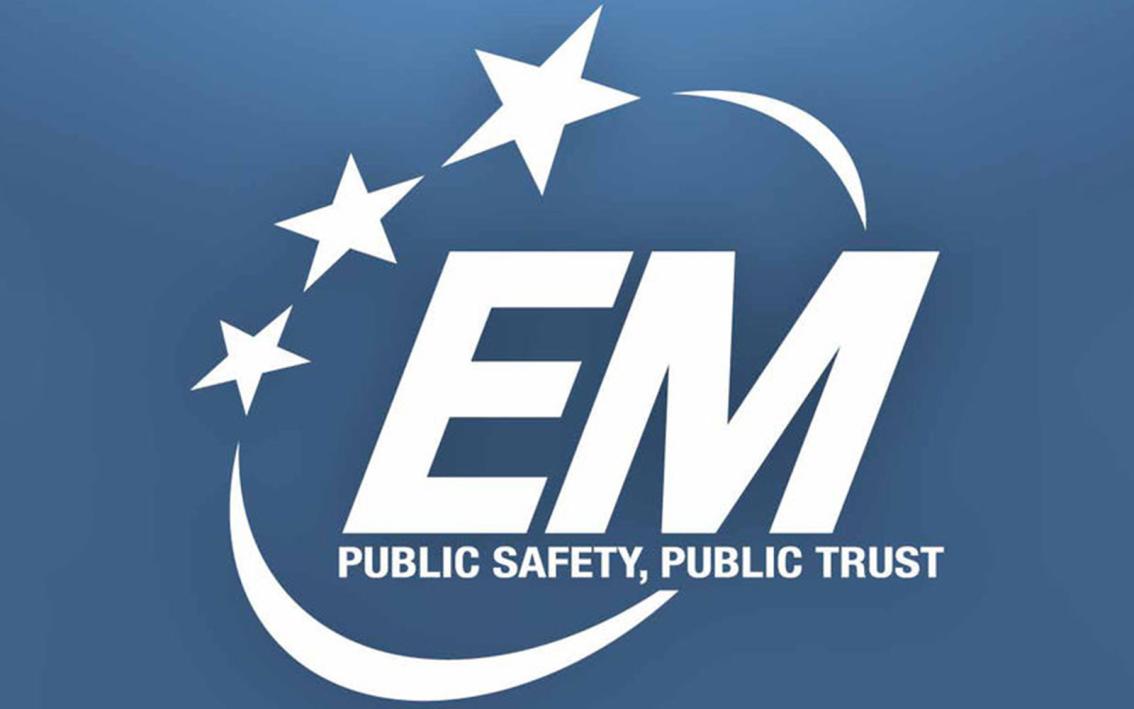Examining the Legal Implications of Satellite Data Sharing for Disaster Management: A Comparative Study
Satellite data sharing plays a crucial role in disaster management, providing valuable information for preparedness, response, and recovery efforts. However, the legal implications of satellite data sharing are complex and vary across jurisdictions. This article presents a comparative study of the legal frameworks governing satellite data sharing for disaster management in a diverse range of countries, identifying challenges, opportunities, and best practices.

I. Introduction:
Satellite data sharing for disaster management involves the exchange of satellite-derived information, such as imagery, weather data, and geospatial data, between various stakeholders, including government agencies, disaster relief organizations, and scientific institutions. The objectives of this research are to:
- Analyze the international legal framework governing satellite data sharing for disaster management.
- Compare and contrast the national laws and regulations of selected countries.
- Identify legal challenges and opportunities related to satellite data sharing.
- Propose legal reforms and policy recommendations to enhance data sharing practices.
II. Legal Framework For Satellite Data Sharing:
The international legal framework for satellite data sharing is governed by a range of treaties, conventions, and agreements, including the Outer Space Treaty, the International Telecommunication Union (ITU) regulations, and the United Nations Framework Convention on Climate Change (UNFCCC). These instruments establish principles of non-discrimination, cooperation, and data exchange for peaceful purposes.
III. Comparative Analysis Of National Laws:

A comparative analysis of national laws and regulations reveals diverse approaches to satellite data sharing for disaster management. Countries such as the United States, China, India, Brazil, and Australia have established comprehensive legal frameworks that address data sharing, data privacy, and liability issues. However, there are variations in the scope, detail, and implementation of these laws.
IV. Legal Challenges And Opportunities:
Satellite data sharing faces several legal challenges, including:
- Data privacy concerns, particularly regarding the collection and use of personal data.
- Intellectual property rights related to satellite data and derived products.
- Liability issues in the event of data errors or misuse.
Opportunities for improving the legal framework include:
- Developing clear and harmonized data sharing policies at the international and national levels.
- Promoting the use of open data licenses and standards to facilitate data sharing.
- Establishing mechanisms for resolving intellectual property disputes.
V. Case Studies And Best Practices:
Case studies of successful satellite data sharing initiatives provide valuable insights into effective legal frameworks and mechanisms. Examples include the International Charter on Space and Major Disasters, the Sentinel Asia program, and the SERVIR initiative. These initiatives demonstrate the importance of collaboration, data standardization, and capacity building for effective data sharing.
VI. Emerging Trends And Future Directions:
Emerging trends in satellite technology, such as the increasing availability of small satellites and the development of new data processing techniques, have implications for satellite data sharing. The United Nations Space Law Treaty provides a framework for addressing future challenges, emphasizing the importance of international cooperation and the peaceful use of outer space.
VII. Conclusion:
A robust legal framework for satellite data sharing is essential for effective disaster management. The comparative study presented in this article highlights the diversity of national laws and regulations, as well as the need for harmonization and cooperation at the international level. By addressing legal challenges, promoting best practices, and fostering collaboration, policymakers and stakeholders can enhance satellite data sharing and improve disaster preparedness and response efforts.
YesNo

Leave a Reply